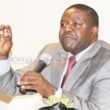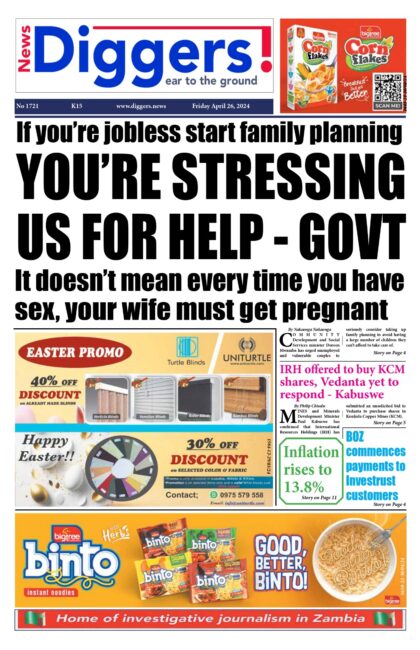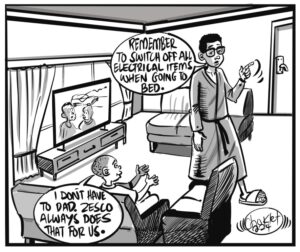Financial analyst Blessings Kafwanka says the Bank of Zambia’s (BoZ) hike in the Monetary Policy Rate (MPR) in isolation will stifle private sector growth.
Commenting on the central bank’s move to increase the MPR by 125 basis points to 11.50 per cent from 10.25 per cent, Kafwanka expressed serious concern that the tightened monetary policy stance would stifle private sector growth, as lending rates on loan facilities would correspondingly increase making credit more expensive to access.
He stressed that the move to contain inflation by manipulating the policy rate must be supported by measures that could stimulate production across all the sectors of the economy.
“The intervention by the BoZ to contain inflation by manipulating the policy rate must be supported by measures that can stimulate production across all the sectors of our economy: agriculture, tourism, industry, mining and services sector. Increasing the policy rate in isolation will contribute to creating an unattractive investment climate. It will stifle the growth of the private sector, lead to reduced investment, capital flight and a plethora of other problems. This is certainly not good for a country whose projected economic growth is at a paltry two per cent. A country whose investment climate has been deteriorating as evidenced by the reduction in subscription to government securities, such as Treasury bills and bonds,” said Kafwanka.
“The move by the BoZ to adjust the Policy Rate upwards from 10.25 per cent to 11.5 per cent will help to bring down the rate of inflation, but it must be supported by measures that will stimulate productivity. We must appreciate the fact that increasing the Policy Rate comes at a cost. It increases the cost of money (interest rates). The increase in loan and mortgage interest will reduce people’s disposable incomes, which reduces their standard of living. A reduction in people’s disposable income also translates into reduced consumer spending, which is not good for business. Finance costs for businesses that have loan facilities will increase. This cost will be passed on to the consumer who is already carrying the burden of high taxes, high fuel costs etc.”
Last Wednesday, BoZ governor Dr Denny Kalyalya defended the Monetary Policy Committee’s (MPC) decision to drastically hike the MPR by 125 basis points to 11.5 per cent as a necessary move to arrest Zambia’s escalating inflation and prevent a full-blown economic implosion.
“If we don’t do what we are doing (hiking the MPR), this is unlikely to change. If anything, we’ll be caught up into a situation where we may have what we may term as ‘stag inflation’ where we have stagnancy, but inflation is going up, which is a very, very difficult situation to come out of so, we don’t want to get to that. I want to assure you that the decision point is a difficult one because we are mindful of the impact of whatever decision that we come up with. So, we take a careful look at what is going on in the economy and we try to do this over a period of two years, which is eight quarters. It (rate hike) may seem harsh, but it’s because the conditions are quite tough, and we have to rise up to the occasion to ensure that things don’t spin out of control because, then, we’ll be forced into making haphazard decisions. In particular, we noted that the projections over the horizons were indicating that inflation will remain outside the target (6-8 per cent) range. The adjustment of 11.5 per cent by itself will be able to bring able to bring inflation back in the corridor,” Dr Kalyalya had told journalists at the central bank.












